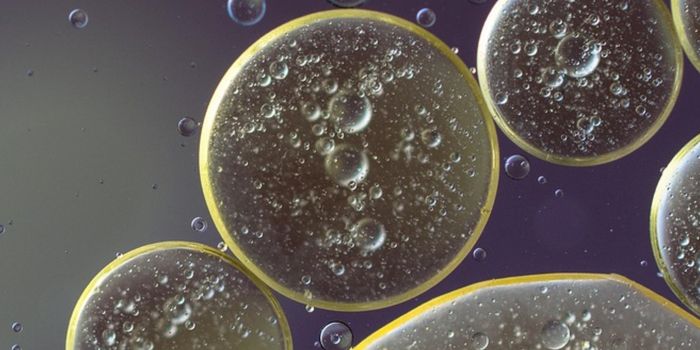SARS-CoV-2 Can Infect Liver Cells, Impairing Glucose Metabolism
New research has shown that SARS-CoV-2, the virus that causes COVID-19, can infect liver cells, which are also known as hepatocytes. The hepatocyte infection triggers glucose production, which leads to a condition called hyperglycemia that is similar to diabetes, in patients who are have been hospitalized. This occurs even when the patient's blood glucose levels are normal poor to their hospital admission. The findings have been reported in the Proceedings of the National Academy of Sciences (PNAS), and this new insight may help patients.
In this work, scientists analyzed clinical samples taken from COVID-19 patients, 269 individuals from one hospital and 663 from another, between March and August 2020. These were compared to a samples taken from patients with respiratory diseases other than COVID-19, who were in the same hospitals at the same time. The investigators determined that SARS-CoV-2 can bind to the ACE2 and GRP78 receptors to infect hepatocytes, which increases the production of glucose in the liver.
An assessment of primary hepatocytes from patients confirmed that the cells were infected with SARS-CoV-2, and the virus was also replicating in hepatocytes. "This was most interesting, mainly because the virus didn't cause the death of these hepatocytes but used them to replicate and also increased the amount of glucose produced," said senior study author Luiz Osório Silveira Leiria, a professorat the University of São Paulo’s Ribeirão Preto Medical School (FMRP-USP).
The scientists also assessed various treatments to determine whether any could inhibit GRP78 and ACE2. One candidate is metformin,which has been used as a type 2 diabetes therapeutic because the drug inhibits hepatic glucose production.
"Other studies found that intensive therapy with insulin in the hospital doesn't necessarily help these patients. A drug like metformin is more effective than insulin. Of course, metformin acts in various ways, but it's a potential route to provide additional protection for these patients," Leiria said.
The study authors noted that hyperglycemia is common in people who are hospitalized with COVID-19 regardless of whether or not they have diabetes. This feature of the disease has also been linked to poor patient outcomes. This study may explain why diabetes is also a risk factor for severe COVID. Other research has indicated that people with type 1 diabetes have a 3.5 times greater risk of death from COVID-19, and type 2 diabetics have a two times greater risk compared to people without diabetes.
While hyperglycemia can be caused when the immune system attacks the pancreatic cells that generate insulin, as in type 1 diabetes, the COVID-19 patients had no signs of pancreatic damage or disruptions in insulin production. That was when the researvchers turned to the liver, and found problems there.
"Confirming the link with receptors GRP78 and ACE2 was the cherry on the cake for our study, but the most significant result was that SARS-CoV-2 causes hyperglycemia directly, regardless of corticoid use, stress due to hospitalization, body weight and diabetes. It's the first time the virus has been shown to cause hyperglycemia directly," said Leiria.
Other research has indicated that SARS-CoV-2 can also infect fat cells and adipose tissue might act as a viral reservoir.
Sources: FAPESP, Proceedings of the National Academy of Sciences









